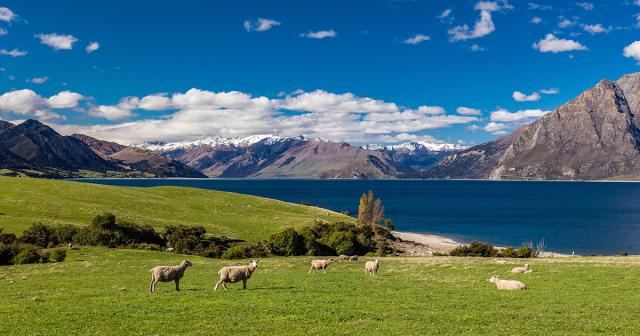Beef + Lamb New Zealand (B+LNZ) says the latest proposed changes to the Emissions Trading Scheme (ETS) leave the door wide open for the continued wholesale conversion of productive sheep and beef farmland into carbon farms.

“While the Environment Select Committee has proposed tightening the temporary exemptions that would allow land converted after 4 December 2024 to enter the ETS, it has not fixed the land use class rules – the very section driving most conversions,” says B+LNZ chair Kate Acland.
“There was widespread feedback from the farming community during the select committee process that the proposed restrictions did not go far enough and it is incredibly disappointing that these concerns have not been listened to.
“The legislation will stop LUC 1-5 land from entering the ETS and cap new registrations on LUC 6 land, but this doesn’t address where the bulk of damage is being done.
“Eighty-nine per cent of whole farm conversions to date have occurred on LUC 6–8 land. This land is highly productive and vital to our sector. Without extending the moratorium to all land classes, productive sheep and beef farms will keep disappearing into carbon farming or be sold to foreign multinationals.
“The Government must listen to farmers and extend the moratorium on whole farm conversions to all land classes, not just LUC 1–5.
“Since 2017, at least 300,000 hectares of sheep and beef farms have been sold to forestry interests, with another 50,000 hectares expected before these rules take effect.
“Without fixing these gaps, we will likely lose a million hectares by 2050, slashing stock numbers by more 20 percent, and rural towns across the country will be hollowed out.”
B+LNZ analysis suggests that afforestation is responsible for 78 per cent of the reduction in sheep and beef numbers since 2017.
New Zealand is one of only two countries in the world – alongside Kazakhstan – that allows unlimited forestry offsets in its ETS.
“We’re not against forestry,” says Acland.
“Our proposals don’t stop planting for harvest, they simply prevent the ETS from distorting land use decisions in ways that undermine food production and rural communities.”
ENDS
For more information, please contact: Sam Halstead on 027 474 6065 or [email protected]